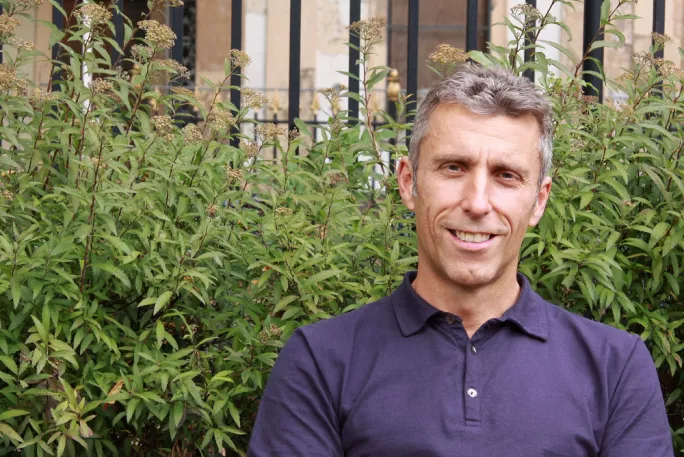‘Tackling the literacy and numeracy challenge requires cultural and generational changes’
David Hughes, chief executive of the National Institute of Adult and Continuing Education (Niace), writes:
One of the problems of having been around so long in a sector is that you see things coming around again and again. One of the phenomena which saps my energy is the loud outcry of astonishment and outrage every time a new survey shows how many adults in the UK have low levels of literacy and numeracy.
Now, don’t get me wrong; for me this is a moral outrage and something which drives me to seek change, so I can support the outrage. To a certain extent I can even accept the astonishment (being ignorant of something is no sin, after all).
No, what I find hard is the outcry itself, because often it leads to no action; it is almost as if the act of crying out is deemed sufficient response and to do more is unnecessary.
Perhaps I should be more forgiving, because the literacy and numeracy challenge is enormous, it is longstanding and it requires cultural and generational changes which are beyond any single action, any individual or any organisation on its own? I am not sure about this, but I do know that more crying out is not what I would advocate.
In fact I am in danger of sounding like a stuck record in insisting that what we need is a more dynamic partnership between government, employers, providers and learners aimed at ensuring that there are the right opportunities everywhere for adults to learn skills that will benefit themselves, their families, communities and workplaces.
A new partnership does not win votes, but just might be able to take the longer term, more joined- up and more concerted decisions which lead to the changes we need.
Achieving such a partnership and such a view is not easy. That is why I was so pleased when the Department for Business, Innovation and Skills Select Committee decided to hold an inquiry into adult literacy and numeracy. I was even more delighted when four members of that committee (Adrian Bailey , Brian Binley, Caroline Dinenage and Anne McKechin) came to Leicester on Tuesday to see how a locality tries to address the challenges.
Niace instigated and organised their visit, illustrating that there is no single, silver bullet that will ‘tackle the problem’. What they saw was the complete range of organisations that, together, can face the challenge and that need to work together: the local authority, unions, employers, colleges, third sector organisations and, of course, learners themselves.
It is worth dwelling a moment on the fact that a select committee was gathering evidence in this way and to reflect on how different it felt to the usual hearing. I have appeared before many select committees and quite enjoy them now, but they are not wholly relaxed, they are not easy when you give evidence and they rarely result in constructive debate and discussion. On Tuesday it was very relaxed and the discussion and learning was all the better for it, in my view. I hope that this approach becomes more common; I am sure that it will benefit policy making.
My highlight, as it often is in Niace events, was listening to the conversation between learners at Leicester College and the MPs. Here was a diverse group of adults who had universally not done well at school telling their stories, their experiences and making the case for more investment in literacy and numeracy learning. They were acting as citizens, part of the democratic process, having their voices heard and all on back of the skills and confidence they were gaining at Leicester College.
The MPs loved it and I am sure that they learnt an enormous amount. In fact, I know that they did, because Adrian Bailey quoted one of the learners who asked the MPs to “go back to Parliament and make sure that you put the money in to help other adults gain the skills I have learned” at a separate event we ran in Parliament the following day.
The visit cemented my view about the need for local partnerships and that there is no silver bullet here. What we need to see is a new concerted effort, perhaps a new government-led strategy, to find the wide range of methods, mechanisms, organisations and actions that will face up to the challenge.
Maybe what we really need is to take every influential policy-maker, funder, employer and politician out to meet learners who show how they are enthusiastically using their new skills to get work, advance at work, support their children’s learning and to have a voice as citizens. That would surely galvanise the efforts we need? Niace is available to arrange the visits, just call me.
Keep reading for just £1 per month
You've reached your limit of free articles this month. Subscribe for £1 per month for three months and get:
- Unlimited access to all Tes magazine content
- Exclusive subscriber-only stories
- Award-winning email newsletters




